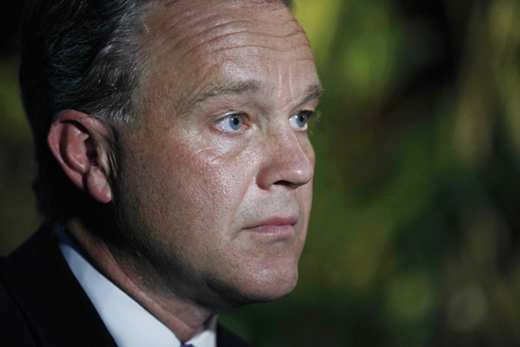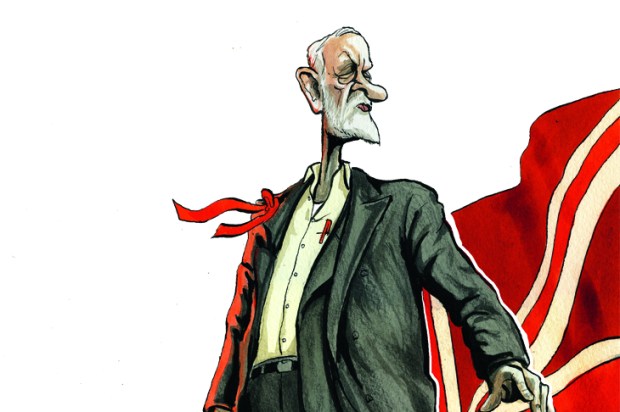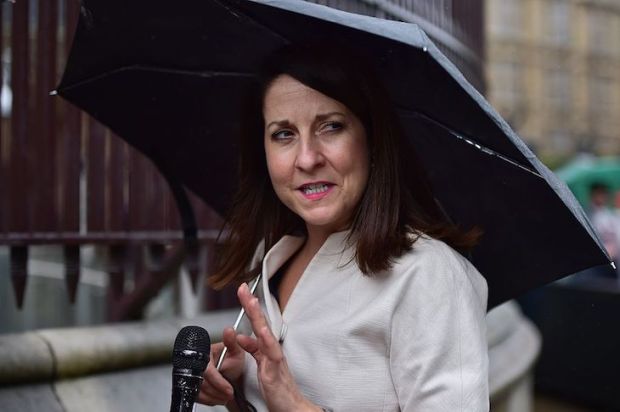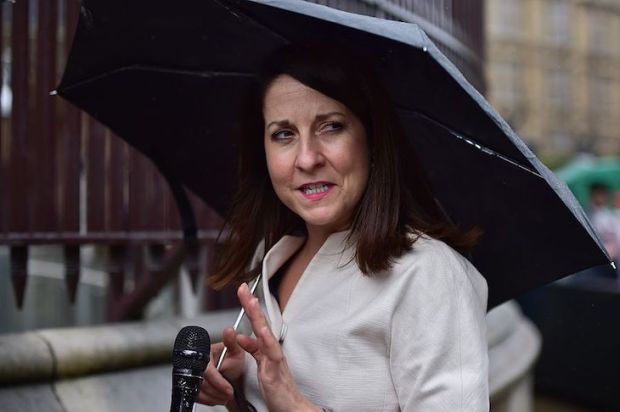Mark Simmonds has been in politics long enough to know not to expect much sympathy from his constituents. He resigned as a Foreign Office minister this week because his £89,435 ministerial salary was not enough — at least, not enough for him to keep a family home in London. Many of those who live and work in the capital may sympathise with this struggle, but hearts will not be bleeding in his constituency, Boston and Skegness, where the average wage is £17,400. So he is not seeking re-election, and will leave politics next year.
Simmonds was one of the lucky ones. He managed to find enough money to make it into parliament in the first place, which many would-be MPs cannot. Research conducted by the ConservativeHome website suggests the price tag just to enter parliament is £34,400 — when you count travel, forgone salary and the other costs of a long quest for office. Victors can offset this personal investment against a £67,060 MP’s salary, three times the national average. But defeated candidates can expect to limp back to normal life with a big hole in their pockets.

You don’t need to be stinking rich to stand for Parliament in Britain. But it helps. Even wooing a constituency association to be chosen as a candidate carries considerable costs: one Labour candidate spent £5,000 just to get to this starting block. Given that many MPs are expected to stand in unwinnable seats before progressing to safer prospects at later elections, the real cost of eventually making it to Parliament can be even higher. This is fine for the 87 per cent of new MPs who were on more than the London average salary (£33,800) before entering politics, or for those with wealthy family members who can help out. But it is, in effect, a financial bar on average earners with average assets.
Just over half of MPs took a pay cut to enter the Commons in 2010, and this is often cited as an argument for increasing their salaries. But perhaps this statistic is depressing for another reason: it shows what a disproportionate number of our elected ‘representatives’ come from high-earning professional classes. House of Commons library research found that a third of current MPs come from the professions, and a quarter from business. They undoubtedly bring a wealth of experience to the business of lawmaking. But the country surely needs representatives with experience of a different sort: only 4 per cent of current MPs were manual workers before they entered parliament. In 1979, the figure was four times higher.
Becoming an MP takes time, too. Parties understandably set tough targets for their candidates based on the number of days spent delivering leaflets, the visits to by-elections, articles in local papers and so on. Those who consistently fall short face the axe: I understand that the Tories have already sacked one candidate for missing campaigning targets, and Labour’s bigwigs say they won’t hesitate to do the same to anyone on their list. A party doesn’t want to throw resources at a lazy candidate, not least because it bodes badly for their performance in parliament. But the scale of the commitment involved means that you must either have a very understanding employer (which is perhaps why one in six MPs were politicians or political organisers before they entered Parliament) or leave your job.
Take Matt Stephens, a small-business owner, who stood for Don Valley for the Conservatives in 2010, only to lose. The expense, he says, was not as bad as the time spent away from his young family. It was enough to put him off trying again.
Parents in Parliament might sympathise with Stephens’s reluctance to enter the Commons while his children are still in primary school. Even MPs who master the unpopular expenses system still find an absurd amount of shuttling between constituency and Westminster, and any caring commitments are endlessly squeezed. This burden overwhelmed Louise Mensch, who quit Parliament saying she could not ‘spend as much time with my children as I want to’. At least she saw the problems coming: one senior politician I know was heartbroken to learn that, when his son was asked in school whether he’d follow his dad into politics, the boy replied that he couldn’t put his own family through what he had suffered.
All this helps explain why politics can look like a mug’s game to someone who might be sincerely public-spirited, but unwilling to sacrifice everything. Good ministers evaporate in reshuffles simply because their face (or gender) doesn’t fit when the Prime Minister wants to change the look of his government. Why take the risk?
When it costs so much to get into politics, it is no wonder that MPs are derided as an out-of-touch, wealthy elite. The truth is that, nowadays, it’s horrendously difficult to get into Westminster if you’re not from a wealthy elite. As long as that remains the case, parliament will struggle to attract truly representative elected representatives.
Got something to add? Join the discussion and comment below.
Get 10 issues for just $10
Subscribe to The Spectator Australia today for the next 10 magazine issues, plus full online access, for just $10.
You might disagree with half of it, but you’ll enjoy reading all of it. Try your first month for free, then just $2 a week for the remainder of your first year.















Comments
Don't miss out
Join the conversation with other Spectator Australia readers. Subscribe to leave a comment.
SUBSCRIBEAlready a subscriber? Log in